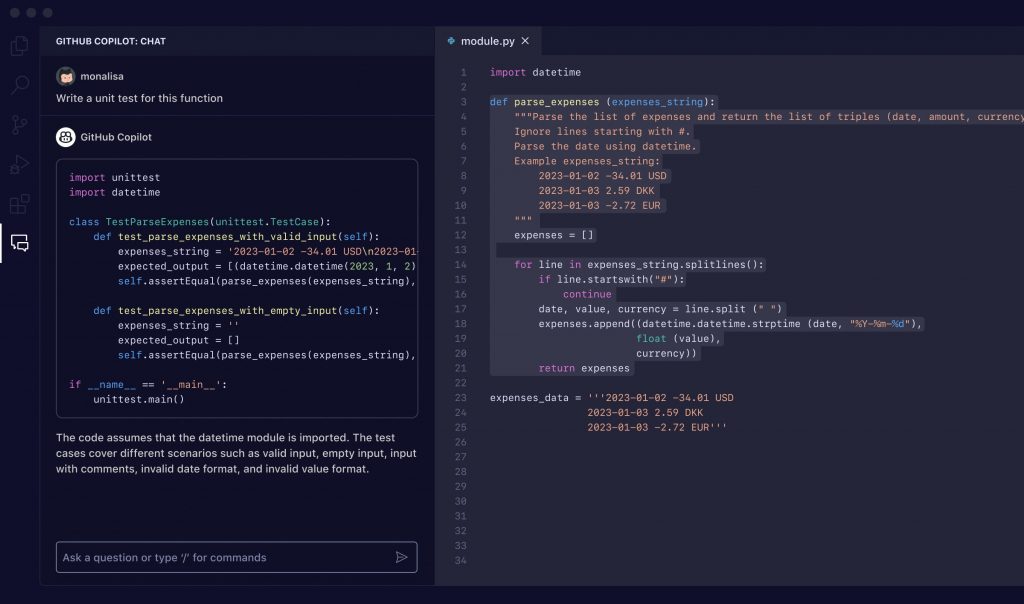Moody vs NetChoice (2024) delves into the nuanced landscape of artificial intelligence and raises a fundamental question: who should be considered the speaker in the context of a deep-learning algorithm—the algorithm itself or the individual who crafted it? As this legal exploration unfolds, attention also turns to a preliminary injunction case, anticipating its likely deferral or postponement.
The scrutiny extends to the realm of social media, particularly focusing on the extent of Facebook’s editorial judgment when dealing with potential discrimination issues. While Facebook justifies its actions as editorial decisions based on terms of service, concerns arise about the broader implications. Could such decisions set a precedent for platforms like Uber to potentially ban customers based on race?

Moreover, the inquiry into Facebook’s authority delves into its status as a private company and the limits it can push when deplatforming individuals for violating its terms of service. The balance between free speech and a platform’s right to enforce its policies emerges as a key consideration.

Within the broader conversation about free speech, the Moody vs NetChoice case is seen as a pivotal moment. The question lingers: could the outcome pave the way for other companies, such as Uber, Gmail, or Etsy, to make decisions about banning customers based on race? As legal and ethical considerations intertwine, this case unfolds as a complex exploration of the intersections between technology, freedom of expression, and potential repercussions on various online platforms.
This legal case challenges Florida and Texas laws, arguing that their overbroad nature stems from vague provisions related to shadow-banning and deplatforming-this only covers social media platforms named in the case.
Once more, the Supreme Court faces accusations of Lochnerism in this instance. By replacing its judgment for that of the Florida state, which enacted this law, it’s deemed undemocratic, as the citizens of Florida elected their representatives to establish this social media legislation.